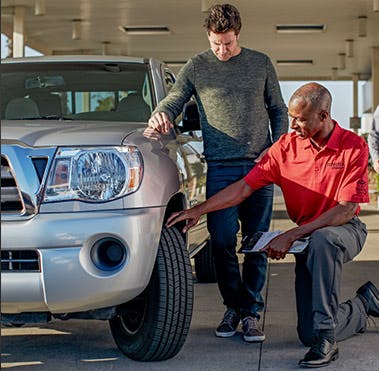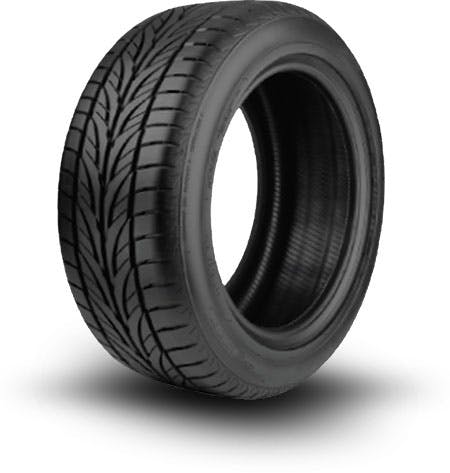The right tires not only help contribute to your vehicle's handling and performance, but can also impact fuel efficiency and safety as well. If your tires are showing signs of wear, you can get exact replacements for the original tires at a competitive price at Springhill Toyota Service Center. Our Factory trained and certified Toyota Technicians will ensure that your tires are mounted, balanced and inflated to match your Toyota vehicle's specifications.
Keep your Toyota a Toyota by replacing your original tires at Springhill Toyota Service Center. Schedule your tire service today!








